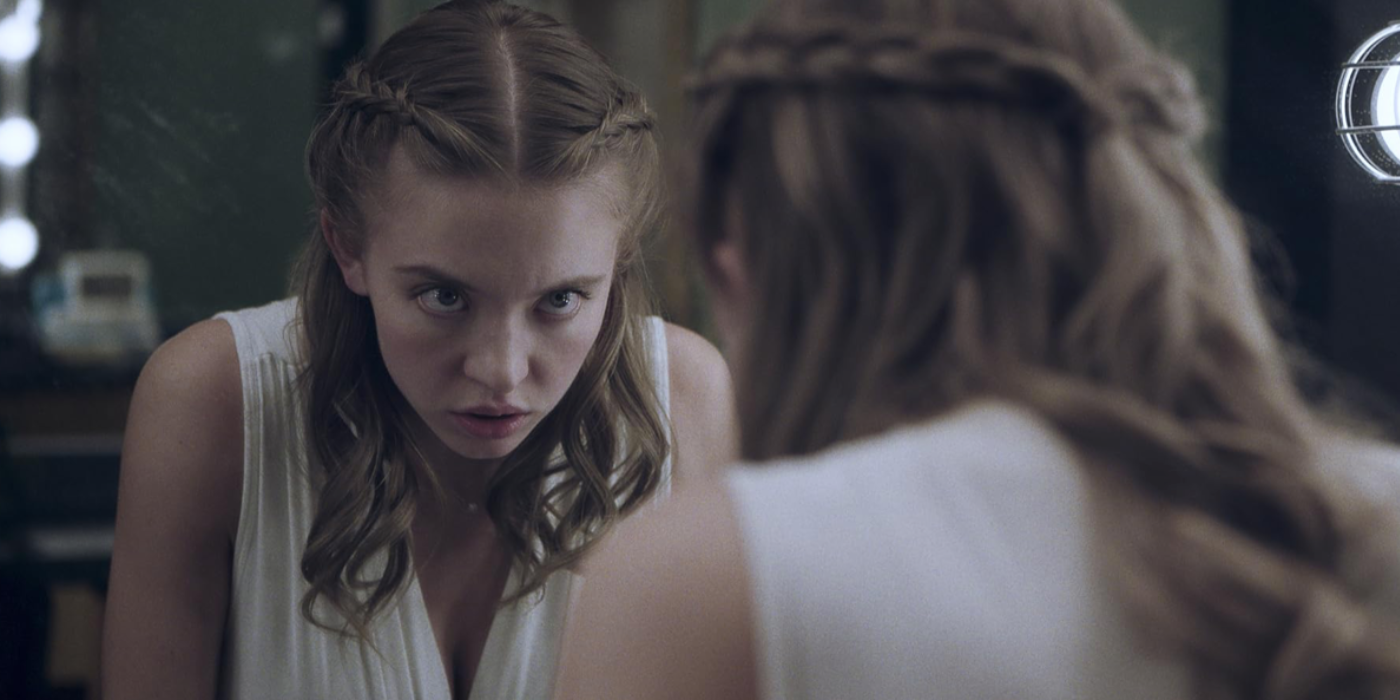As with most art, horror is perceptive. Some fans favor the blood and gore of splatters over jumpscares and the supernatural, while others prefer films that tease the minds of their audience, fraught with metaphorical meanings that defy reason. No genre has as many subgenres as horror, which is likely why its films are often subjected to mixed reviews from viewers and critics, with unfair comparisons that overlook the diversity within the genre. One perfect example is Zu Quirke’s Nocturne, a cast aside modern classic that’s been contemptuously dismissed as nothing more than a Black Swan copycat.
Comparing Nocturne to Black Swan is like comparing Terrifier to Hostel. Beyond a similar love for graphic violence, the latter two share very little in common in terms of story, themes, and characters. Similarly, Nocturne and Black Swan share little in common beyond their similar settings and the characters’ dedication to their craft. Because of this, Nocturne is far more deserving of praise and recognition for its near-perfect exploration of sibling rivalry and perfectionism, all with a supernatural twist.
Nocturne Explores Ambition and Perfectionism in Art
The drive to succeed can drive the sanest of people mad, and Nocturne explores the lengths one is willing to go. The film follows Juliet Lowe (Sydney Sweeney), a young and ambitious pianist attending the Lindberg Academy, a prestigious boarding school for the performing arts. Overshadowed by her twin sister, Vivian (Madison Iseman), Juliet pushes herself to audition for the senior showcase, a place that was previously held by Moira (Ji Eun Hwang), a young student who recently took her own life.
Cast of Nocturne
Actor
Role
Sydney Sweeney
Juliet Lowe
Madison Iseman
Vivian Lowe
John Rothman
Roger
Ivan Shaw
Dr. Henry Cask
Jacques Colimon
Max
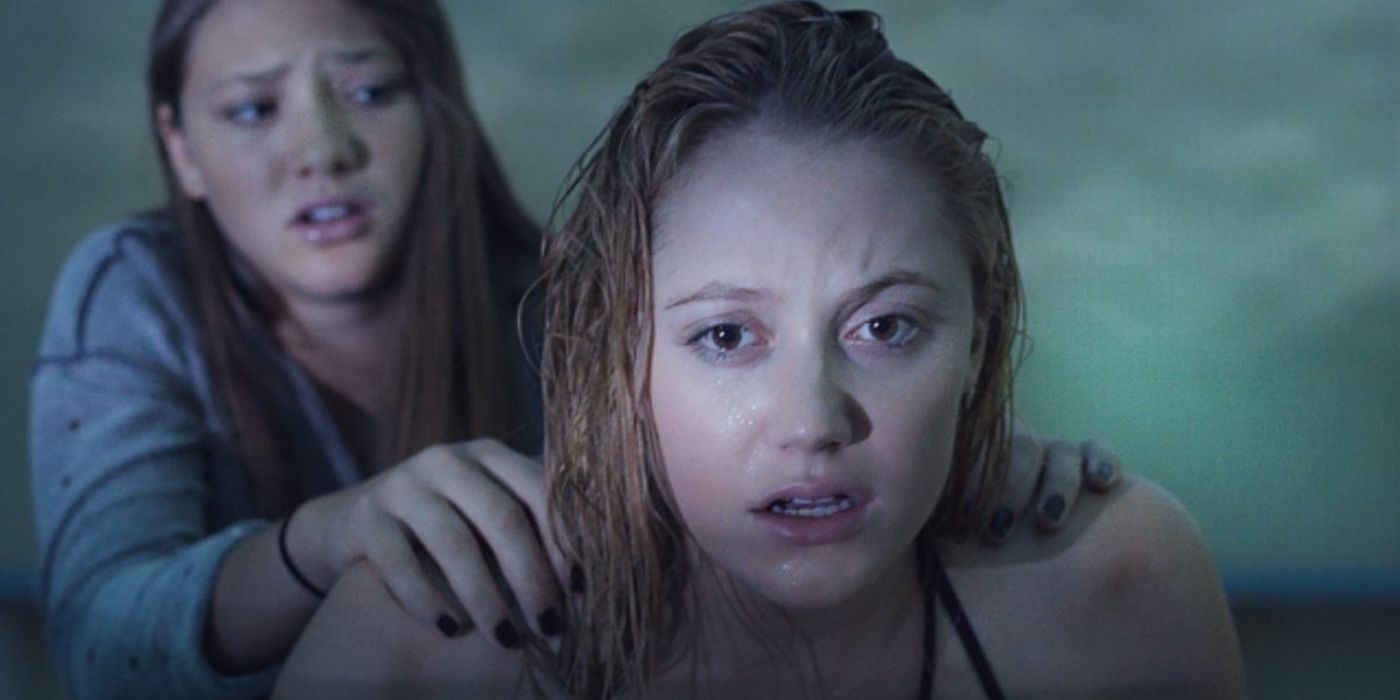
Related
This New Supernatural Horror Movie With 88% on Rotten Tomatoes Is Perfect for Fans of It Follows
Ashley Greene’s newest supernatural horror has committed performances and a welcoming twist.
Determined to succeed, attend Juilliard, and outshine her sister, Juliet turns to Moira’s old theory notebook for help, which contains several dark drawings. Realizing that Moira was ambidextrous and could write like Da Vinci, Juliet begins connecting patterns in her life with the drawings, each of which represents invocation, assurance, triumph, consummation, and purification. With visions of her future self pushing her further, Juliet slowly unravels, sacrificing everyone closest to her in pursuit of everything she’s always desired.
Nocturne Deserves Recognition Beyond Its Black Swan Similarities
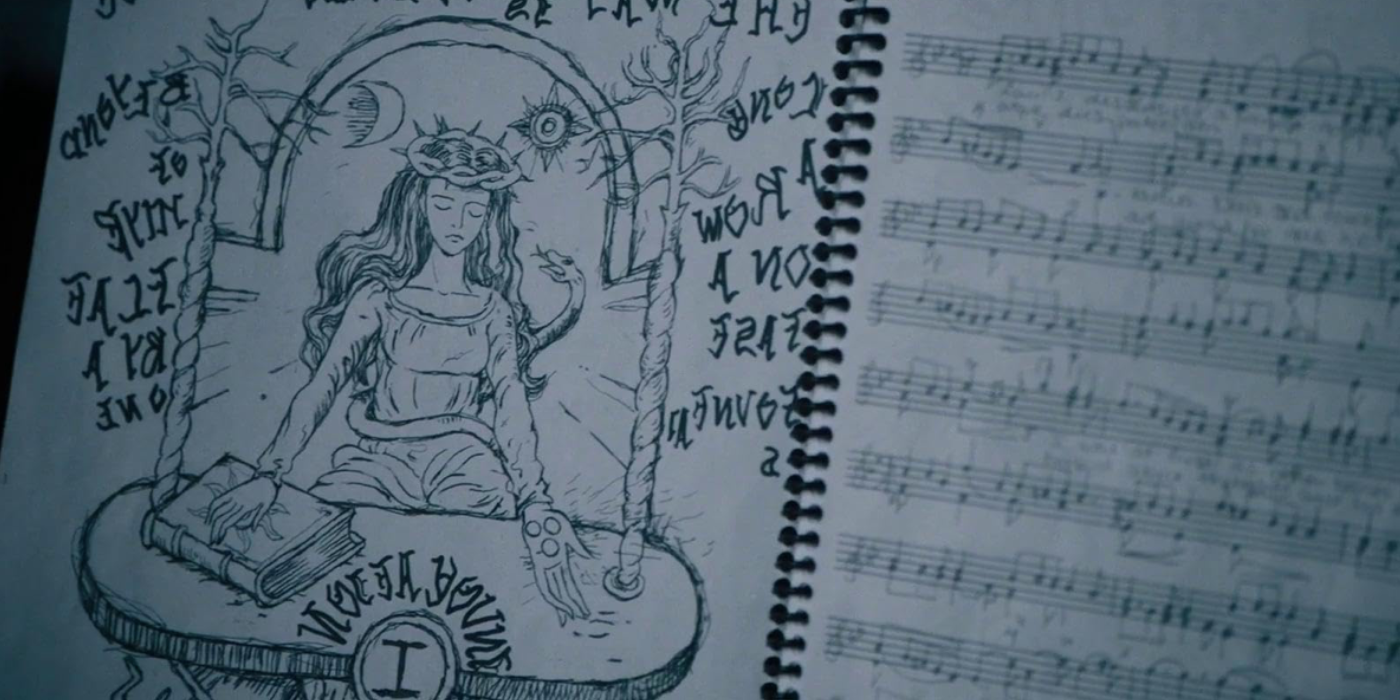
Image via MGM
An ambitious artist, studying at a prestigious academy, slowly descends into madness as she strives for success. If one were to read that synopsis, Black Swan, starring Natalie Portman, would likely be the first film that comes to mind. So, it is understandable why many have deemed Nocturne nothing more than a supernatural rip-off. However, beyond a shared setting and obsession with artistic perfection, the two films have very little in common.
Nina’s descent in Black Swan is psychological, with much of the film playing out in her head. She’s a perfectionist spiraling into psychosis, experiencing vivid hallucinations and growing paranoia. Her relationship with food is unhealthy, she engages in self-harming behaviors, and her moods swing between anxiety, irritability, and volatility. She’s consumed by the tragic love story of Swan Lake, believing she has to take her own life in order to perfect the performance. Viewers are forced to share in Nina’s growing paranoia, watching her struggle with her emotions and sense of identity as the pressure of being the Swan Queen turns her success into a waking nightmare.
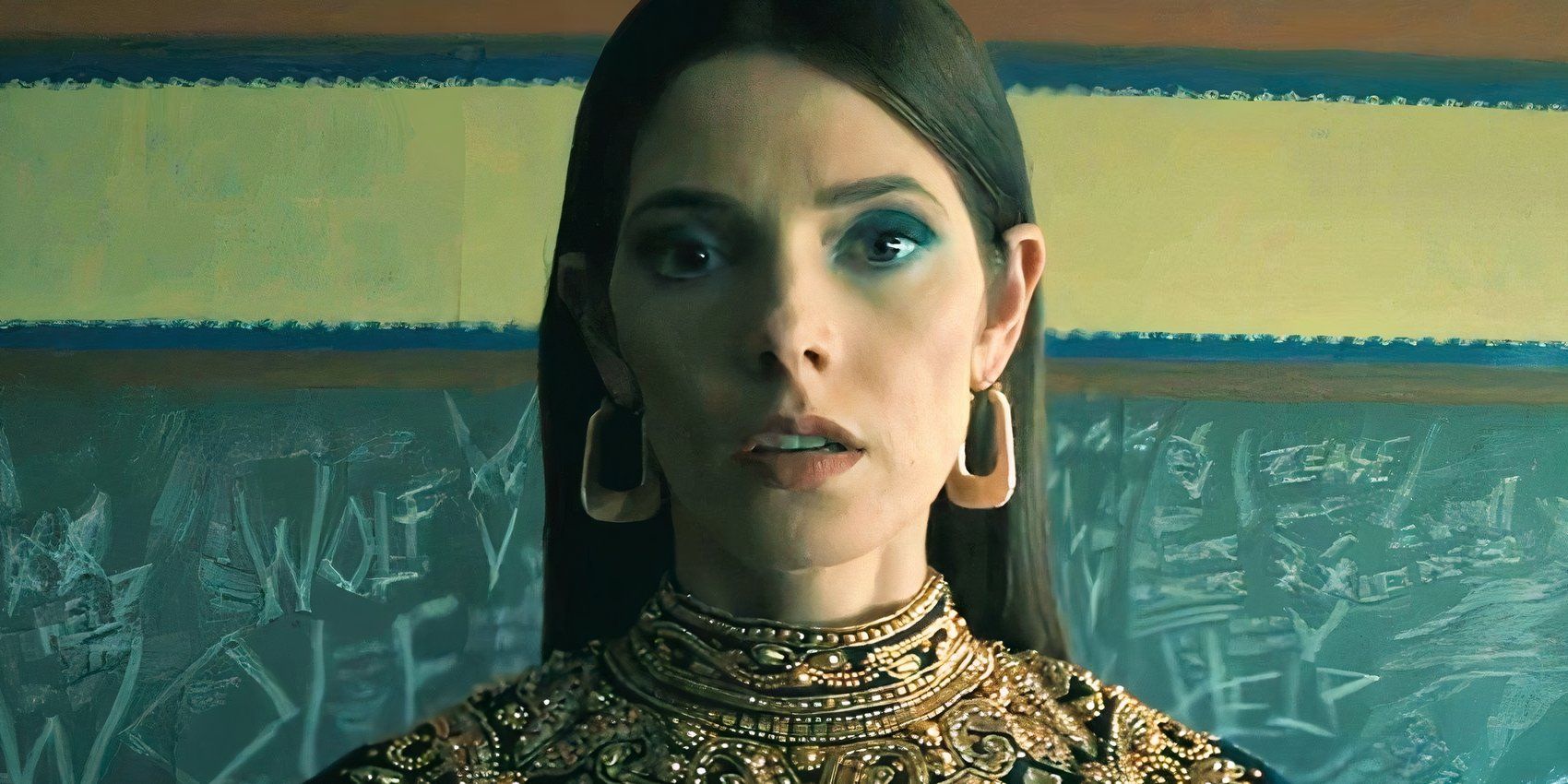
Related
Twilight Star’s New Supernatural Horror Film With 88% on Rotten Tomatoes Hits Hulu Next Month
Horror lovers have something to look forward to next month with the 2025 film, It Feeds, set to arrive on Hulu.
In Juliet’s case, it’s a combination of supernatural and psychological factors that pushes her descent into madness. She’s a passionate and determined pianist who’s constantly overlooked next to her prodigy sister, who was accepted into Juilliard and won a spot in the senior showcase. She has a teacher who, in her eyes, belittles her and predicts that her future is in teaching, rather than concerti, and the boy of her dreams is her sister’s boyfriend. She essentially lives in Vivian’s shadow, and it’s clear from the outset that’s who she aspires to be. Of course, achieving one’s dream is easier said than done, and no matter the effort she puts into her studies, she’s frequently reminded that she just simply doesn’t have what it takes to succeed.
Nocturne is the fourth film in the Welcome to the Blumhouse series, which consists of eight theme-related anthological horror stories. Other films include The Lie, The Manor, and Bingo Hell.
That’s until, of course, she finds Moira’s book, which gives her the push she needs. How exactly the book changes Juliet overnight isn’t fully explained, but it can be interpreted in one of two ways. Either she’s possessed by the devil in some form, which lets her experience all she desires before the ultimate sacrifice, or it’s all simply metaphorical, and each drawing represents her growing desires. While both interpretations are possible, the film leans more toward the supernatural, with the book representing the devil’s grip on musicians. Its sketches are paired with “The Devil’s Trill” by Giuseppe Tartini, a piece tied to the legend of the devil visiting Tartini in a dream and helping him create a hauntingly beautiful composition. It’s suggested that the devil’s deal made in the 18th century continues through anyone who plays the piece.
Since there’s no explanation for how Moira obtained the journal, it’s possible it’s been passed down between students. Its origin is unknown, which opens up several interpretations about what it does, who it calls to, and whether it’s actually gone after Juliet burns it. The sun rune drawn on the journal also hints at witchcraft. The sun is thought to help people achieve their desires, which explains why Juliet sees a bright yellow light every time something she wants comes true. Essentially, the journal works as a vessel, linking the devil to each student who finds it.
There’s no denying the two films do share similar themes, but Black Swan is more psychological than Nocturne. Nina is the product of an unforgiving system that prizes beauty, precision, and obedience above mental health. Juliet is the product of inadequacy, and her unraveling comes from a place of envy, rejection, and the belief that no matter how hard she tries, she’ll always come second. Unlike Nina, she doesn’t completely lose control, but uses the book as a guide to remake herself. Whether it’s through metaphor or actual possession, she becomes something else entirely, and the horror of Nocturne lies in just how quickly that transformation becomes justifiable. So while both films explore ambition, obsession, and artistic pressure, they come at it from completely different angles.
Nocturne’s Ending, Explained
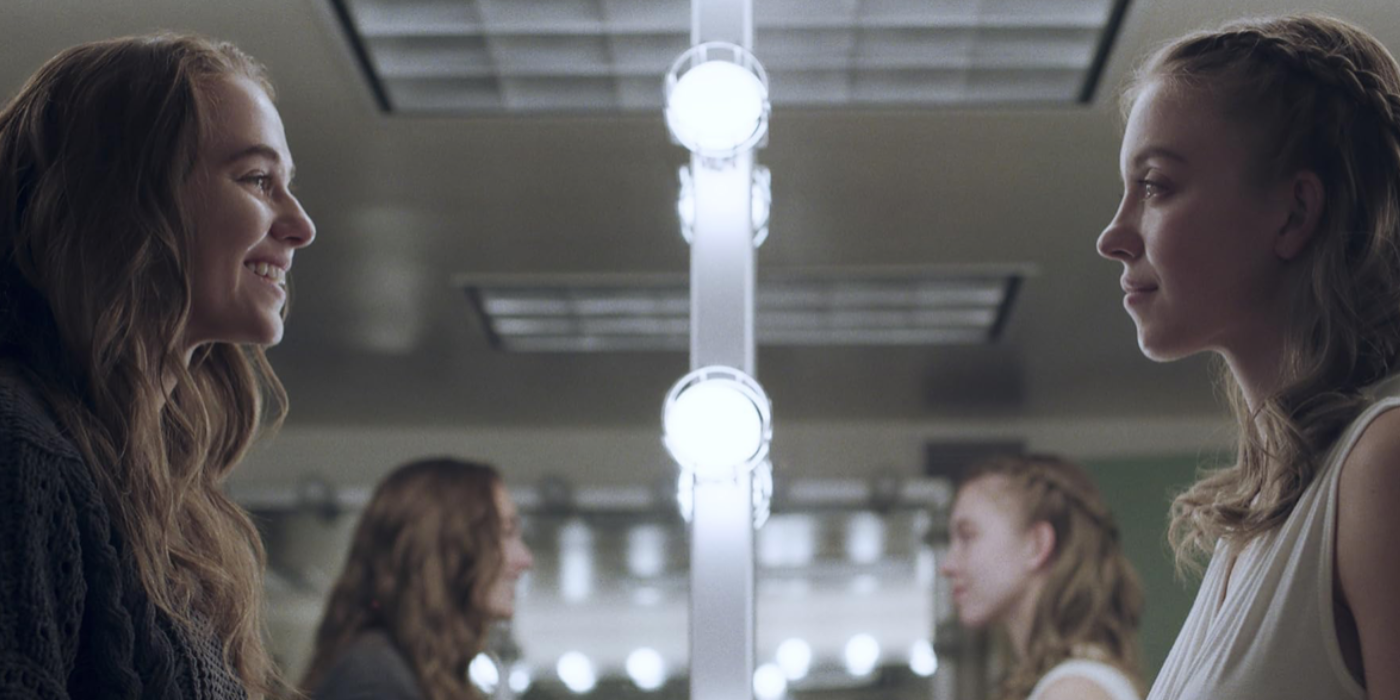
Image via MGM
For those who have watched Nocturne and are feeling slightly confused, you’re not alone. The ending, in particular, is rather ambiguous, leaving many confused as to why, or if, Juliet killed herself. Towards the end, Juliet finally achieves her goal: the concerto. But the night before, she notices the last page of Moira’s journal is missing, the page that would reveal her fate. While channeling Moira’s energy through her non-dominant hand, she draws an image of her sister with the caption “Vi: Sacrifice.” In order to keep her success, she must offer her sister to the devil.
Some fans have also theorized that Juliet didn’t actually jump, and that the ending represented the death of her former self. Whether she actually took her own life or not is left to each viewer’s interpretation.
.jpg)
Related
10 Scariest Standalone Supernatural Horror Movies, Ranked
While plenty of horror successes spawn sequels and franchises, there standalone scary stories only needed one movie to get the job done.
Instead, she chooses to end her own life, just as Moira did. This decision is influenced by her final conversation with Vivian in the green room. Vivian accuses Juliet of stealing everything she worked for, driven by jealousy and spite. Although they’ve always been rivals, Vivian insists she’s supported Juliet until now. That moment forces Juliet to reflect on her actions. When she takes the stage, she realizes there’s no one left in her corner. She’s burned every bridge, and the pursuit of greatness has only left her empty. Vivian’s words make her confront how far she’s fallen and how much she’s lost herself. To spare her sister, Juliet jumps from the rooftop and lands on a sculpture below. As she lies there, smiling, students and teachers walk past unaware, assuming it’s part of the art installation—a moment that underscores just how isolated she has become. It’s a haunting conclusion that reveals the full effects of Juliet’s unraveling and the cost of everything she chased.
Nocturne wasn’t a major success upon release, with many critics, as noted, comparing it to Black Swan. However, the film deserves more recognition than it gets and shouldn’t be wrongfully compared to a psychological horror that plays out on a completely different level. The film works as a critique of the relentless expectations placed on young people, especially those in high-pressure environments, and the even heavier burden they place on themselves. It’s a slow-burning supernatural tale that speaks to anyone who’s ever wanted more than they were told they could have.
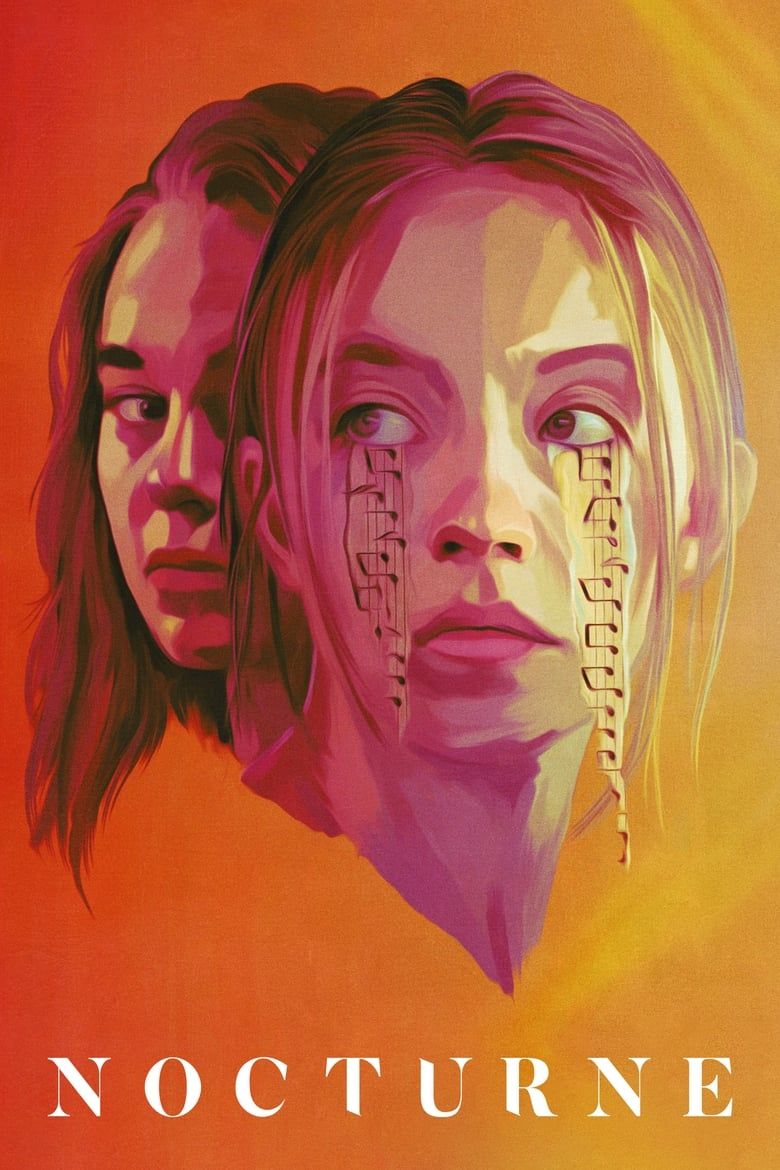
- Release Date
-
October 13, 2020
- Runtime
-
90 minutes
- Director
-
Zu Quirke
-

Sydney Sweeney
Juliet Lowe
-

Madison Iseman
Vivian Lowe
-

-

